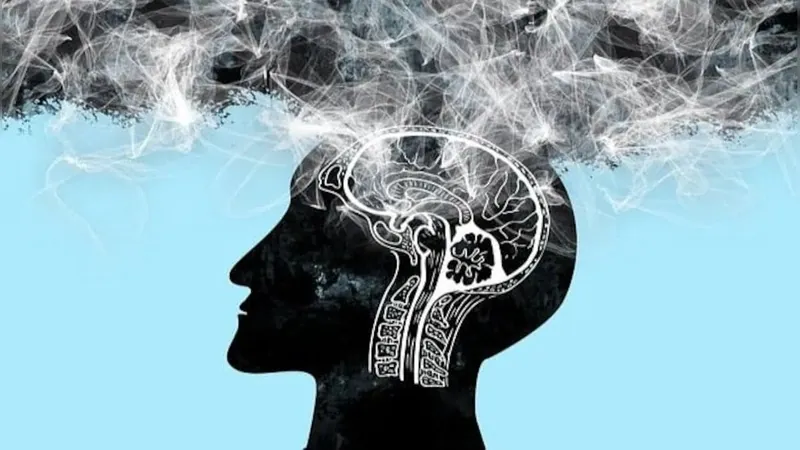
Alzheimer's Disease: A Silent Epidemic Claims More Lives Than Cancer Combined
2024-09-21
As global populations age, a looming crisis in Alzheimer's disease is predicted to escalate dramatically. Current estimates suggest that the number of Alzheimer's cases will skyrocket from 6.9 million in 2020 to nearly 14 million by 2060. This progressive neurological disorder has silently become the 6th leading cause of death among adults aged 65 and older.
Disturbingly, statistics indicate that one in three older Americans will die from Alzheimer's or another form of dementia, making this disease a more significant killer than the combined total of breast and prostate cancer, according to the Alzheimer's Association. This stark reality underscores the urgent need for increased awareness and resources dedicated to combating this formidable foe.
The rise in Alzheimer's-related fatalities is alarming. Between 2000 and 2021, deaths resulting from Alzheimer's disease more than doubled. In contrast, fatalities due to heart disease—the leading cause of death—have actually seen a decrease. A study reveals that individuals diagnosed with Alzheimer's at the age of 70 are twice as likely to die before reaching 80 when compared to those without the disease.
Dr. Jyoti Bala Sharma, Director of Neurology at Fortis Hospital in Noida, emphasizes the importance of recent advancements in research and treatment approaches. She highlights that managing Alzheimer's involves a multi-faceted strategy that includes medications, lifestyle modifications, and supportive care. Cholinesterase inhibitors and memantine are the primary medications utilized to slow disease progression.
Moreover, Dr. Sharma advocates for lifestyle changes, which play an essential role in managing Alzheimer's effectively. Engaging in activities that stimulate cognition, such as puzzles and reading, regular physical activity, social engagement, and adhering to a nutrient-rich diet can significantly contribute to overall brain health. She also notes that stress management techniques, like meditation, can help in alleviating cognitive decline.
Supportive care is crucial in the fight against Alzheimer's. Dr. Sharma urges the need for educational initiatives aimed at caregivers to help them navigate behavioral changes associated with the disease, including agitation and aggression. Furthermore, maintaining physical and cognitive capabilities through therapy is imperative.
As the world grapples with this growing epidemic, public awareness and research funding are more critical than ever. The fight against Alzheimer's disease will require a united effort from medical professionals, caregivers, families, and the community at large. Are we ready to face this unprecedented challenge?



 Brasil (PT)
Brasil (PT)
 Canada (EN)
Canada (EN)
 Chile (ES)
Chile (ES)
 España (ES)
España (ES)
 France (FR)
France (FR)
 Hong Kong (EN)
Hong Kong (EN)
 Italia (IT)
Italia (IT)
 日本 (JA)
日本 (JA)
 Magyarország (HU)
Magyarország (HU)
 Norge (NO)
Norge (NO)
 Polska (PL)
Polska (PL)
 Schweiz (DE)
Schweiz (DE)
 Singapore (EN)
Singapore (EN)
 Sverige (SV)
Sverige (SV)
 Suomi (FI)
Suomi (FI)
 Türkiye (TR)
Türkiye (TR)